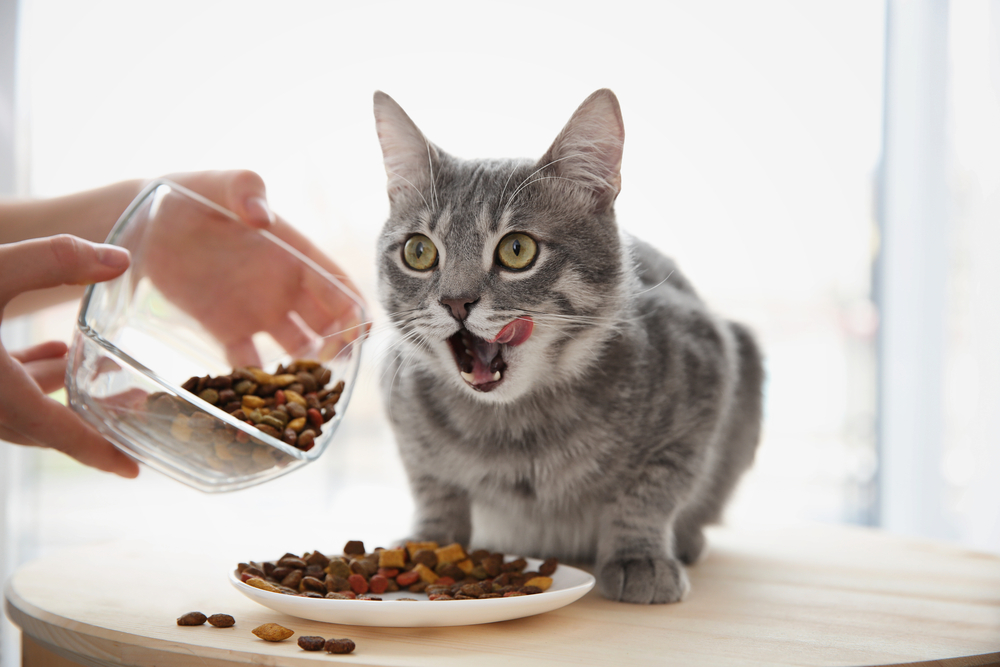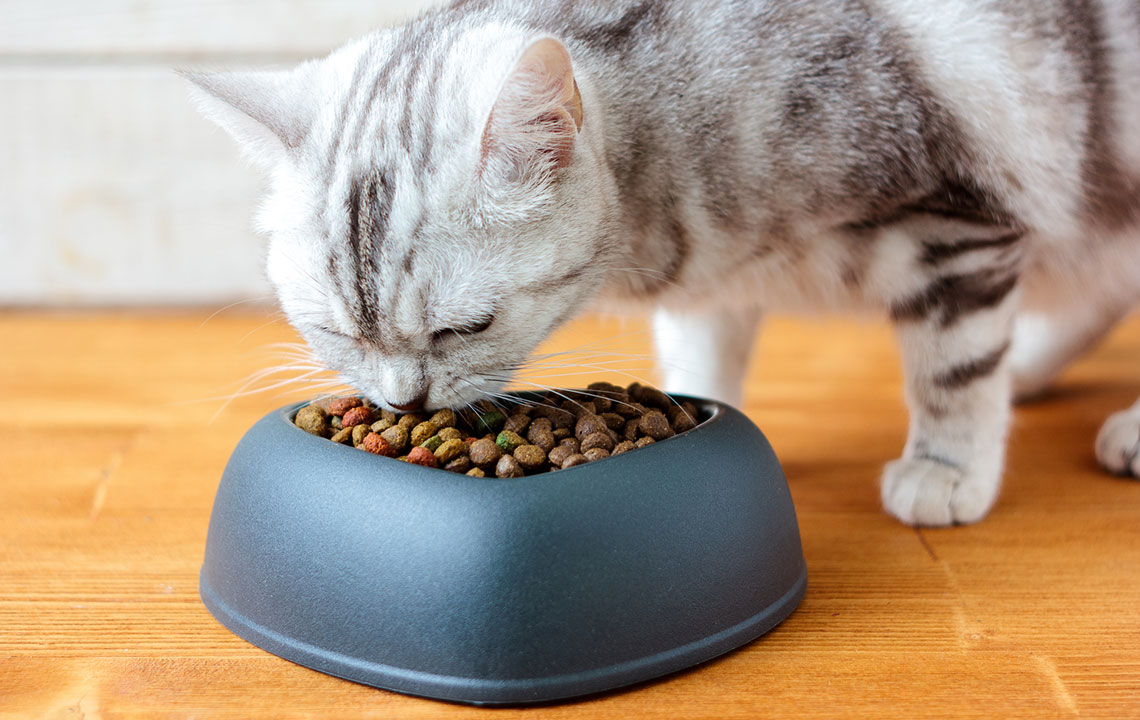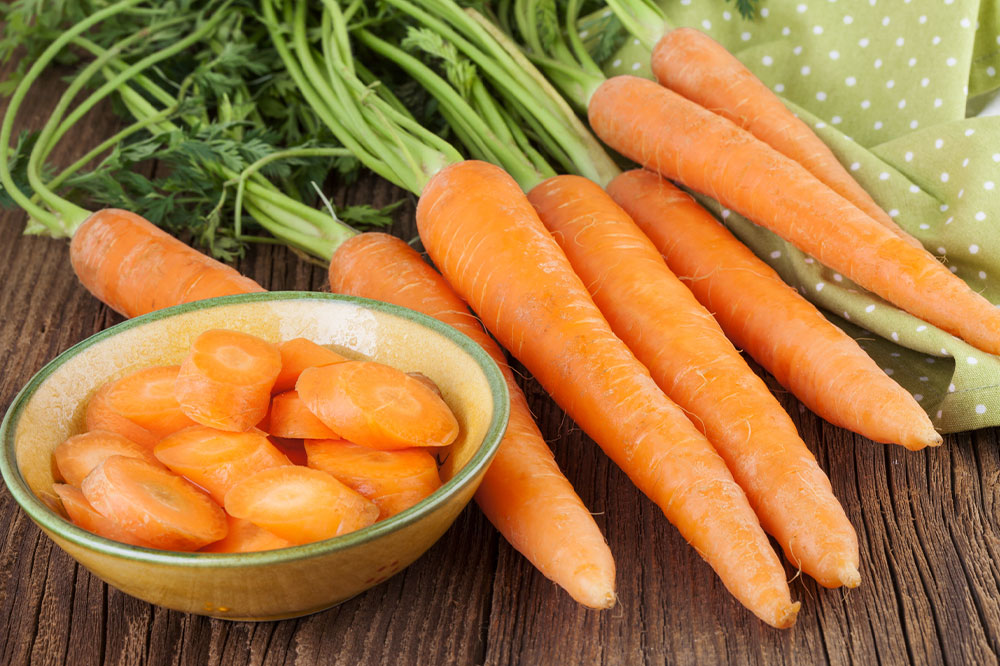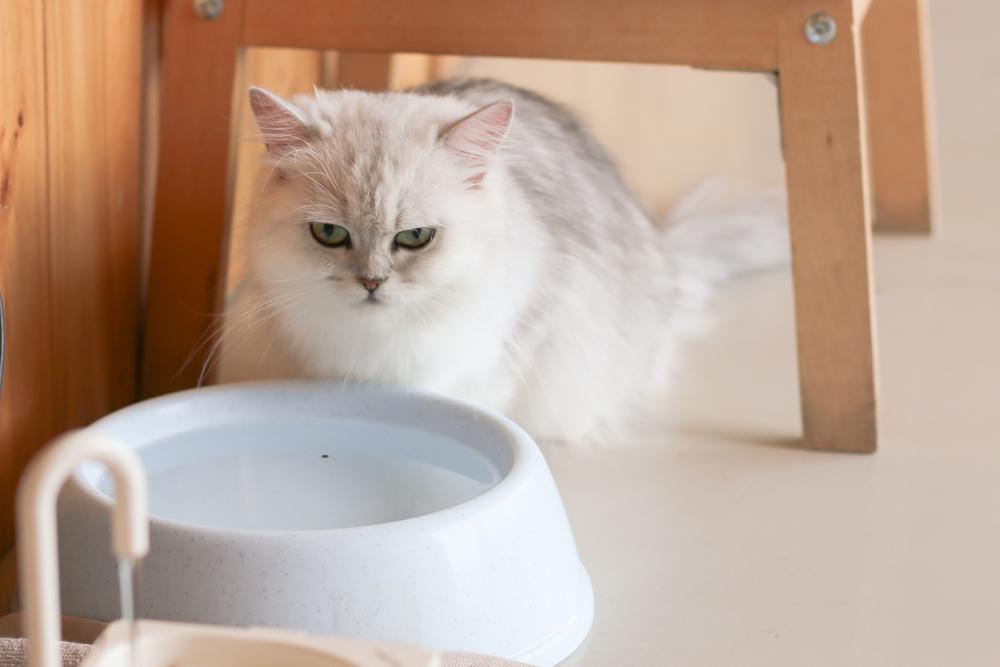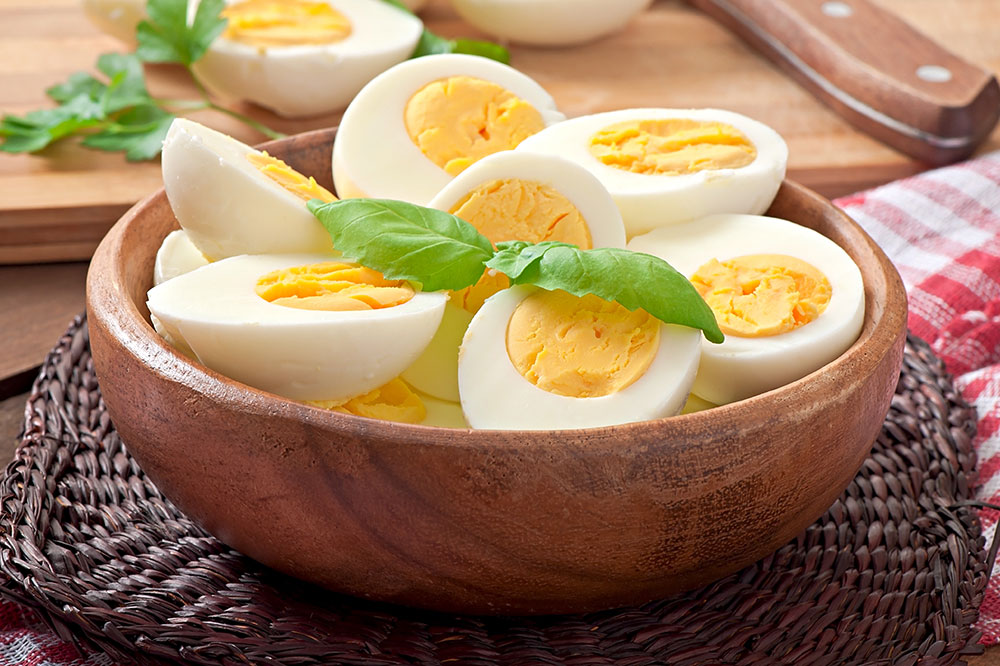Comprehensive Guide to Nutritious Foods for Cats: Enhancing Your Feline's Health Naturally
Discover a comprehensive guide to nutritious, natural foods for cats including meats, fish, eggs, and vegetables. Learn how to prepare balanced homemade meals and improve your feline's health through natural dietary choices. Get expert tips to ensure safety and nutritional balance, helping your cat stay active and vibrant. Upgrade your pet’s diet with wholesome, preservative-free options and foster a long, healthy life for your furry friend.
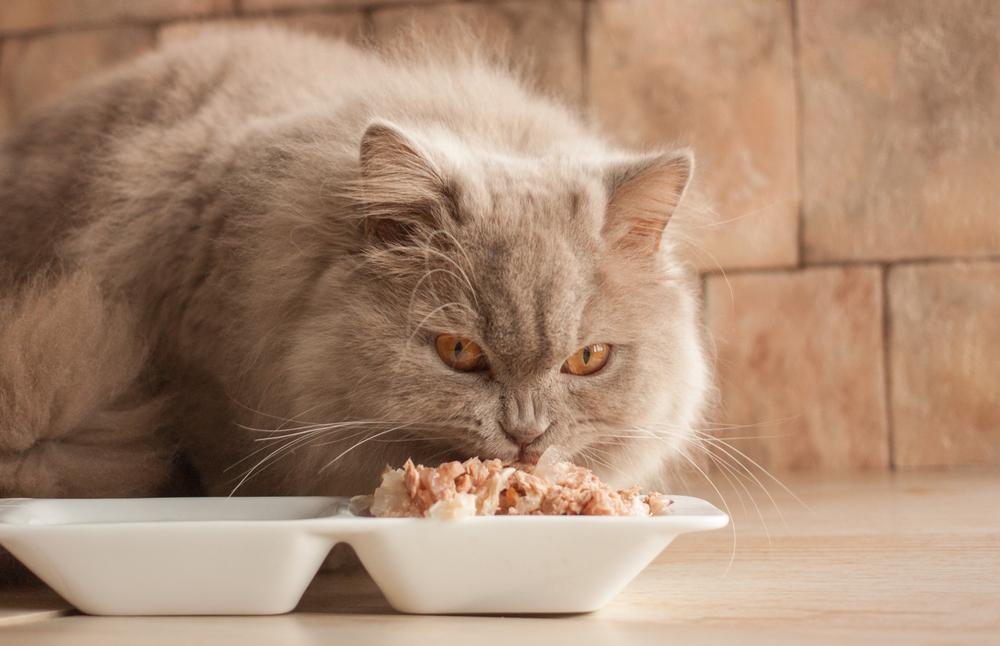
Comprehensive Guide to Nutritious Foods for Cats: Enhancing Your Feline's Health Naturally
Providing optimal nutrition is a fundamental aspect of responsible cat ownership. As pet owners become increasingly aware of the drawbacks associated with commercial cat foods laden with preservatives, artificial colors, and flavors, many are turning toward natural, homemade dietary options. While convenience and shelf life are often cited as reasons for choosing processed foods, the long-term health benefits of preparing fresh meals at home are significant. Natural, nutrient-rich foods can greatly contribute to your cat's overall vitality, immune system function, coat health, and longevity.
Although commercial foods are formulated to meet basic nutritional standards, they may lack the freshness and diversity necessary for optimal health. By incorporating fresh ingredients such as cooked meats, eggs, fish, vegetables, and grains, pet owners can craft balanced meals tailored to their cats’ needs. Carefully selecting and preparing these foods ensures safety and maximizes health benefits, helping to prevent common ailments like obesity, diabetes, and renal problems. Here, we explore the best natural ingredients to include in homemade cat diets and provide tips on how to prepare them properly.
Key Nutritional Foods for Cats: What to Include
Ensuring your feline friend receives a variety of nutrients requires understanding which foods are beneficial. All ingredients should be introduced gradually, and portion sizes adjusted according to your cat’s age, weight, and health status. Here are some of the most recommended natural foods for cats:
Cooked Meats: Chicken, turkey, and beef are excellent protein sources. Always cook meats thoroughly to eliminate harmful bacteria and avoid seasoning, onions, garlic, or other spices that can be toxic to cats. Remove bones carefully to prevent choking.
Fish: Salmon and tuna provide high levels of omega-3 fatty acids, which are vital for maintaining healthy skin, a shiny coat, and good eyesight. Feed fish in moderation and ensure proper cooking to reduce the risk of parasites.
Eggs: A rich source of high-quality proteins, eggs can be served scrambled or boiled. Ensure eggs are fully cooked to prevent Salmonella infection. They also provide essential vitamins and minerals that support overall health.
Vegetables: Spinach, carrots, and peas can be beneficial when served cooked and in small portions. Spinach is rich in minerals but should be avoided if your cat has known bladder issues or certain health conditions.
Whole Grain Bread and Oatmeal: These carbohydrate sources provide energy and fiber. Use sparingly, and ensure they are plain without additives or preservatives.
Fish Oil: Supplementing with fish oils can enhance coat shine and skin health. Consult your veterinarian to determine appropriate dosages.
Tips for Preparing Homemade Cat Food
Creating healthy, homemade meals for cats requires careful planning to ensure nutritional balance. Here are essential tips for preparing safe and wholesome cat food:
Consult Your Veterinarian: Before making any changes to your cat’s diet, seek professional advice to tailor the nutritional plan to their specific health needs and dietary restrictions.
Balance and Moderation: Include a variety of ingredients to prevent nutrient deficiencies. Avoid feeding only one type of food to ensure a well-rounded diet.
Cooking Techniques: Prepare all meats and eggs thoroughly. Use gentle cooking methods like steaming, boiling, or baking without added seasoning.
Avoid Toxic Ingredients: Never feed your cat onions, garlic, chocolate, grapes, or foods containing xylitol, as these can be toxic.
Portion Control: Serve appropriate portion sizes based on your cat’s weight and activity level. Overfeeding can lead to obesity, while underfeeding can cause nutritional deficiencies.
Benefits of Homemade, Natural Diets for Cats
Transitioning to a homemade diet emphasizes the natural nutritional profile of whole foods, which can lead to numerous health benefits. These include improved digestion, healthier weight management, shinier coat, and increased activity levels. Additionally, homemade diets allow for greater transparency and control over ingredients, reducing exposure to artificial additives, preservatives, and fillers often found in commercial foods. The increased fresh-food intake can also promote mental stimulation, a vital component of a happy, healthy feline life.
Common Challenges and Solutions
While homemade diets offer many advantages, they also present certain challenges. Ensuring nutritional completeness can be complex, and balancing all essential nutrients requires research and possibly supplementation. To overcome these challenges:
Use Reputable Resources: Follow guidelines provided by veterinary nutritionists or authoritative pet health organizations.
Regular Veterinary Checkups: Monitor your cat’s health through routine veterinary visits and blood work to detect any deficiencies early.
Consider Supplements: Use veterinarian-recommended supplements if necessary to fill any nutritional gaps.
By prioritizing natural, minimally processed foods and preparing meals with care, pet owners can significantly enhance their cats’ quality of life. This proactive approach to feline nutrition not only fosters better health but also strengthens the bond between you and your pet. Always remember, each cat is unique, and personalized dietary plans are essential for optimal well-being.
Maintaining your cat’s health with natural foods requires commitment but the benefits are well worth the effort. Be informed, seek professional guidance when needed, and enjoy the satisfaction of providing your feline companion with a diet that promotes their health, happiness, and longevity.

